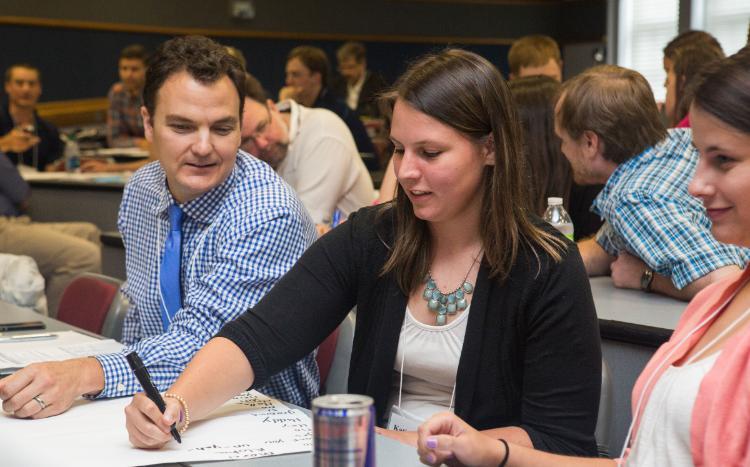
Mary Alexander ’16 and Jennifer Thompson ’17 asked some of their favorite professors: “What do you teach students to prepare them for the real world?”
Here is what they said:
Read Critically
Dr. Virginia Beard (Assistant Professor of Criminal Justice)
“My goal in all of my classes is to teach students to be critical readers and consumers of information…to not just take information at face value, but to evaluate the sources and arguments based on data rather than opinion.”

Write Better
Dr. Dave Magill (Associate Professor, Literatures of Diversity)
“My classes prepare students for the real world in two ways. One, is that they become better writers and communicators. Also, I think my class discussions ask students to make connections with their lives that have resonance beyond the classroom.”
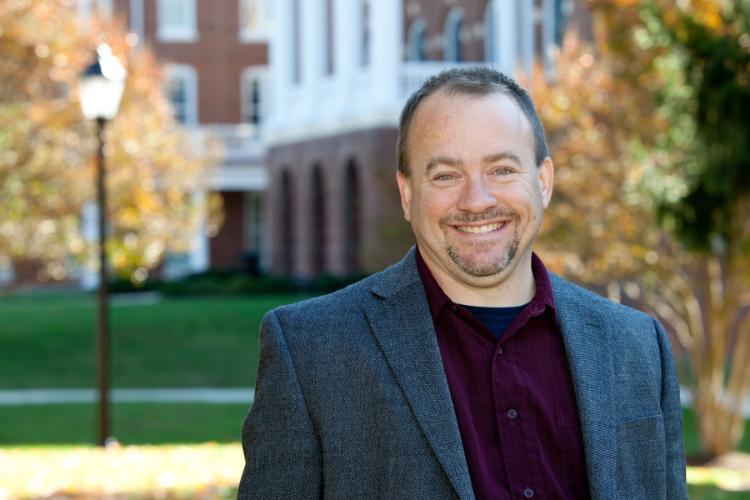
Hone Real-World Skills
Ms. Tiffany Park (Adjunct Professor of Management)
“I have the privilege of teaching several courses at Longwood that actually benefit students in the real world from day one in the course. The courses I teach are theoretical to some degree, but they truly emphasize a tangible set of writing and speaking skills that enable students to perform at their professional best every day, as well as on days where they will have high-stakes engagements. The course also helps students learn how to manage negative message situations, which I think can give them an edge in the professional world since they might then be more comfortable with conflict and negotiation during the start of their careers.”
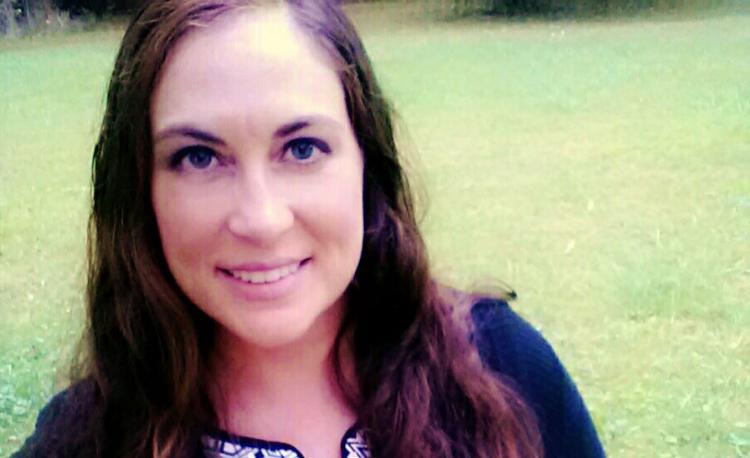
Understand Yourself
Dr. Chris Bjornsen (Professor of Psychology and Director of International Studies)
“Students in my class, most importantly, learn and understand themselves and others in a fundamental way. It changes the way a student thinks about people and life in general. For me, Introduction to Psychology was mind shattering.”
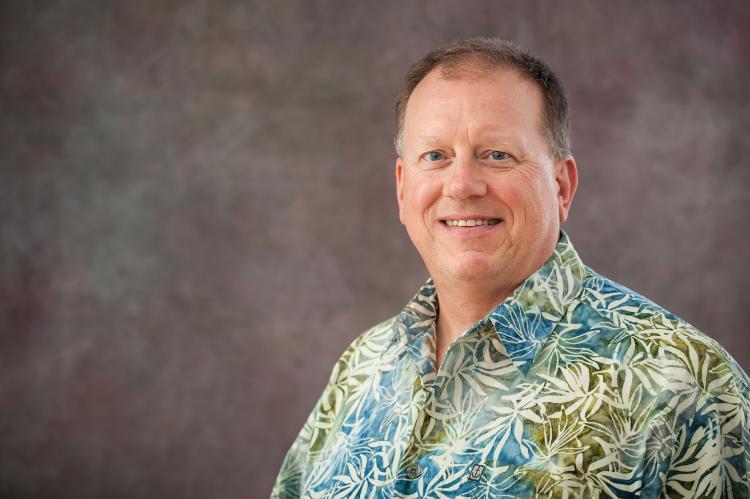
Master Your Problems
Dr. Alec Hosterman (Assistant Professor, Communication Studies – PR)
“It’s the professional world, not the real world. People say ‘preparing you for the real world,’ but this IS the real world. My classes are training grounds. I expect students to experience problems on their own, and then deal with them! I expect students to be critical thinkers, writers, and communicators. I purposefully will give people problems they cannot ‘fix’ because they need to know they learn more from the mistakes.”
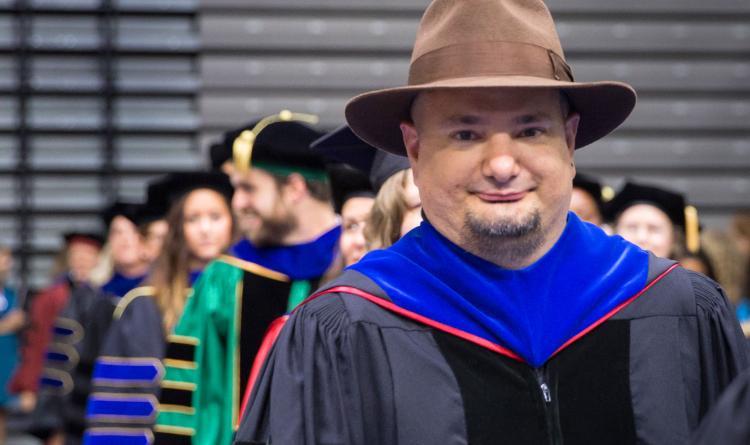
Make Connections
Ms. Mary Carroll-Hackett (Associate Professor, Creative Writing)
“I teach connections. I think it’s important for someone to make connections with their own self and the rest of the world. I am a single mother of three; I know what it takes to survive in the world. Writing is important for any aspect of the real world.”
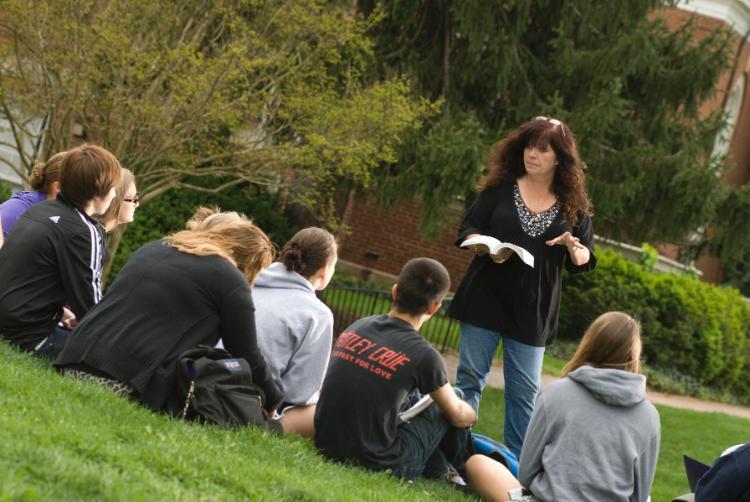
Think Critically
Dr. Charles White (Assistant Dean, College of Business & Economics)
“Who doesn’t have to deal with stress? Who doesn’t have to work on teams? No matter what career you end up in, you’ll be dealing with the topics we cover in organizational behavior. I also focus on critical thinking in my classes and try to get students to weigh multiple competing values in their decision making.”
